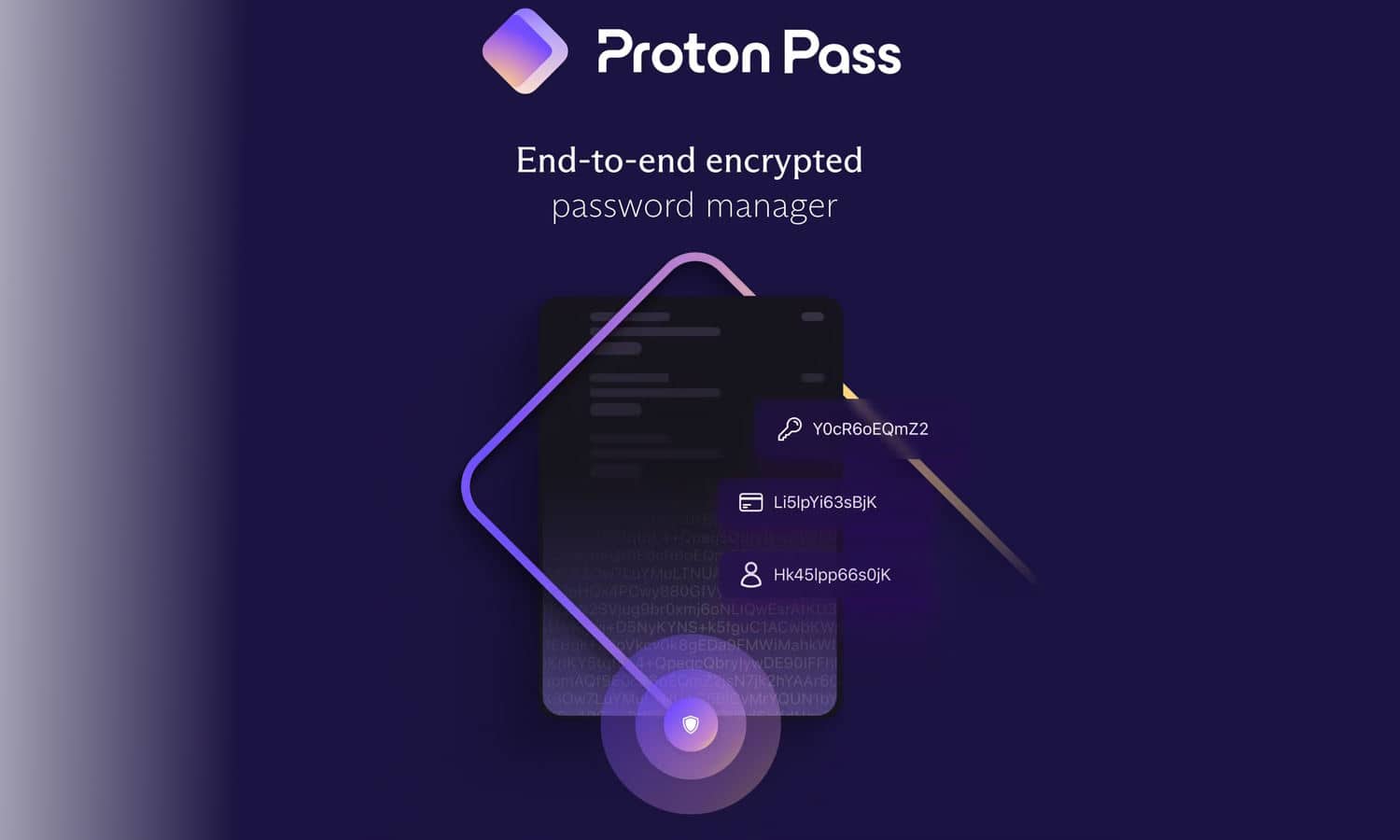
Don't get stuck in a honeypot
Honeypots have been around for years and are a tried and tested cybersecurity mechanism. By creating a fake environment with attractive assets, organizations use honeypots to lure attackers into a trap where their actions can be studied and learned from to improve cybersecurity measures. Simultaneously, they are protecting the business’ real assets by preoccupying the attacker with the decoys.
However, honeypots have a narrow field of view as the only activity that they detect is those that target them directly. If an attacker gains access to a network, but not through the honeypot, the business would be none the wiser. It is, therefore, crucial to have more than one honeypot -- a honeynet -- to make it effective. Yet, honeypots are very time-consuming to apply as they need to be installed in networks and systems in data centers. It can take as long as an hour to install just one and it lacks any level of scalability.

Modern Attack Surface Management means going beyond the surface
Security teams today are contending with an ever-increasing attack surface and an exponentially growing volume of vulnerabilities. Yet most teams are still equipped with the cybersec equivalent of a bucket to shovel out an ocean of CVEs. Buying them another shiny new bucket pales in comparison to plugging the actual leak in your ship (or enterprise).
Vulnerabilities can’t all be patched, so prioritizing these based on business risk is the most grounded approach. While leading security teams have begun to implement more advanced vulnerability management (VM) programs, others are struggling with outdated, manually intensive and less effective ways of managing vulnerabilities without context or insights on the true risk they pose. This can only work for so long, as it requires the continuous process of monitoring, discovering, analyzing, and remediating vulnerabilities across all potential attack vectors. Even then, good old human error sneaks its way in.

Google Authenticator gains cloud backup of one-time codes
Google has released an important update for its Authenticator app. The latest versions of Google Authenticator for iOS and Android can now synchronize one-time codes to the cloud.
In offering Google Account synchronization, the 2FA tool is now easier to use across multiple devices. This is something Google points out as being useful in the case of a lost or stolen device.

Proton Pass is a new password manager from encryption specialists Proton
Proton, the company behind the security- and privacy-focused Proton Mail and Proton VPN, has launched a beta version of its new password manager.
Going under the unsurprising moniker of Proton Pass, the software is described as "perhaps the first one built by a dedicated encryption and privacy company". What this means in practice is that security is greater than in other password managers, with end-to-end encryption on all fields of forms.

Why agentless security is not real security
Many security professionals have been misled into believing in the overhyped promise of agentless security. But it looks like the long-lasting 'agentless vs. agent' debate is finally over and the result is finally in -- if you want great cloud workload security, you need an agent.
This noteworthy outcome arose when two of the leading agentless-only vendors finally gave in and announced partnerships with agent-based runtime security and CWPP (cloud workload protection platform) vendors. This is big news, because both of these companies had previously, and persistently proclaimed, that agents are 'old school' and that 'agent-based security is dead'.

Microsoft and Talon launch enterprise-grade ChatGPT
Enterprise browser specialist Talon Cyber Security has announced that it has integrated its secure enterprise browser with the Microsoft Azure OpenAI Service to provide enterprise-grade ChatGPT access to customers.
This allows organizations to maintain data protection, keeping data put into ChatGPT within their perimeter and preventing it from transferring to third-party services. When using ChatGPT in Azure OpenAI Service, the organization uses its own Azure resources, so sensitive data is not delivered to other locations, improving data security and reducing risk.

Convergence of OT and IT systems sees moves to improve security
As information technology and operational technology increasingly converge it presents new challenges for organizations needing to keep their systems secure.
There's also been something of a shift in the focus of attacks with more emphasis on causing business disruption and damaging reputations.

Strong data protection can deliver economic benefits for enterprises
As enterprises move to cloud and hybrid models they face a range of new challenges in protecting their data.
A new study from Enterprise Strategy Group (ESG), released by Commvault and Microsoft, finds that 53 percent of respondents say their IT environment was more complex than it was two years ago.

US and UK are the countries most attacked by ransomware
In the 12 months from April 2022 to March 2023 the US and UK were the countries that suffered the most ransomware attacks.
However, the latest Malwarebytes ransomware report shows that the USA suffered a little over seven times more attacks in the last twelve months than the UK. It's perhaps not a coincidence that the USA's economic output, measured by gross domestic product (GDP), is also about seven times larger than the UK's.

Vulnerable cloud attack surface grows almost 600 percent
A new report from cyber asset visibility and management company JupiterOne shows numbers of enterprise cyber assets have increased by 133 percent year-on-year, from an average of 165,000 in 2022 to 393,419 in 2023.
Organizations have also seen the number of security vulnerabilities, or unresolved findings, increase by 589 percent according to the report which analyzed more than 291 million assets, findings, and policies to establish the current state of enterprise cloud assets, including cloud and physical environments of devices, networks, apps, data, and users.

Free tool finds sensitive data stored in Google Drive accounts
As cloud and SaaS use grows a major challenge for IT, security and compliance teams is the lack of visibility into their organization's SaaS ecosystem.
Metomic is launching a new, free cybersecurity tool that scans Google Drive accounts to find sensitive data and information lurking in Google Docs and files. After entering a Gmail address and password, Google Drive Risk Report will scan the Google Drive connected to the address and, in a matter of seconds, generate a report.

Microsoft releases KB5025239 update for Windows 11, adding new Windows Local Administrator Password Solution (LAPS), security fixes and more
Microsoft has released the cumulative KB5025239 update for Windows 11 22H2, bringing with it not only security and bug fixes, but also general improvements and new features.
Among the highlights are the addition of the new Windows Local Administrator Password Solution (LAPS) as a Windows inbox feature. This update also adds new notifications about Microsoft account to the Start menu, improves Microsoft Defender for Endpoint, and provides easy access to the Bing chat experience in Microsoft Edge via the taskbar.

Multiple-threat ransomware attacks become more common
It used to be the case that all you had to worry about with ransomware was encrypted data, but the latest Cyberthreat Defense Report (CDR) from CyberEdge Group reveals that last year 78 percent of ransomware victims faced the consequences of one, two or three additional threats unless they paid the ransom.
Additional threats include launching distributed denial of service (DDoS) attacks (42 percent), notifying customers or the media of the data breach (42 percent), and publicly releasing exfiltrated data (40 percent).

Browsing threats top list of CISO concerns
When asked to select the most significant cyber threats to their organizations, browsing Threats topped the list, with 43 percent of CISOs ranking it as a top concern.
A new report from RedAccess, based on responses from 300 chief information security officers across the US and UK, looks at the impact of hybrid working on security posture and the new threats that it introduces. Insecure browsing is ranked as the #1 hybrid/remote work security concern that puts organizations at the most risk.

BEC attacks rose 72 percent in 2022 with smaller businesses in the firing line
Business Email Compromise attacks increased dramatically last year with a 72 percent rise year-on-year over 2021.
The 2023 Email Security Threat Report from Armorblox shows high volumes of language-based and socially engineered attacks targeting organizations of all sizes and across industries.
